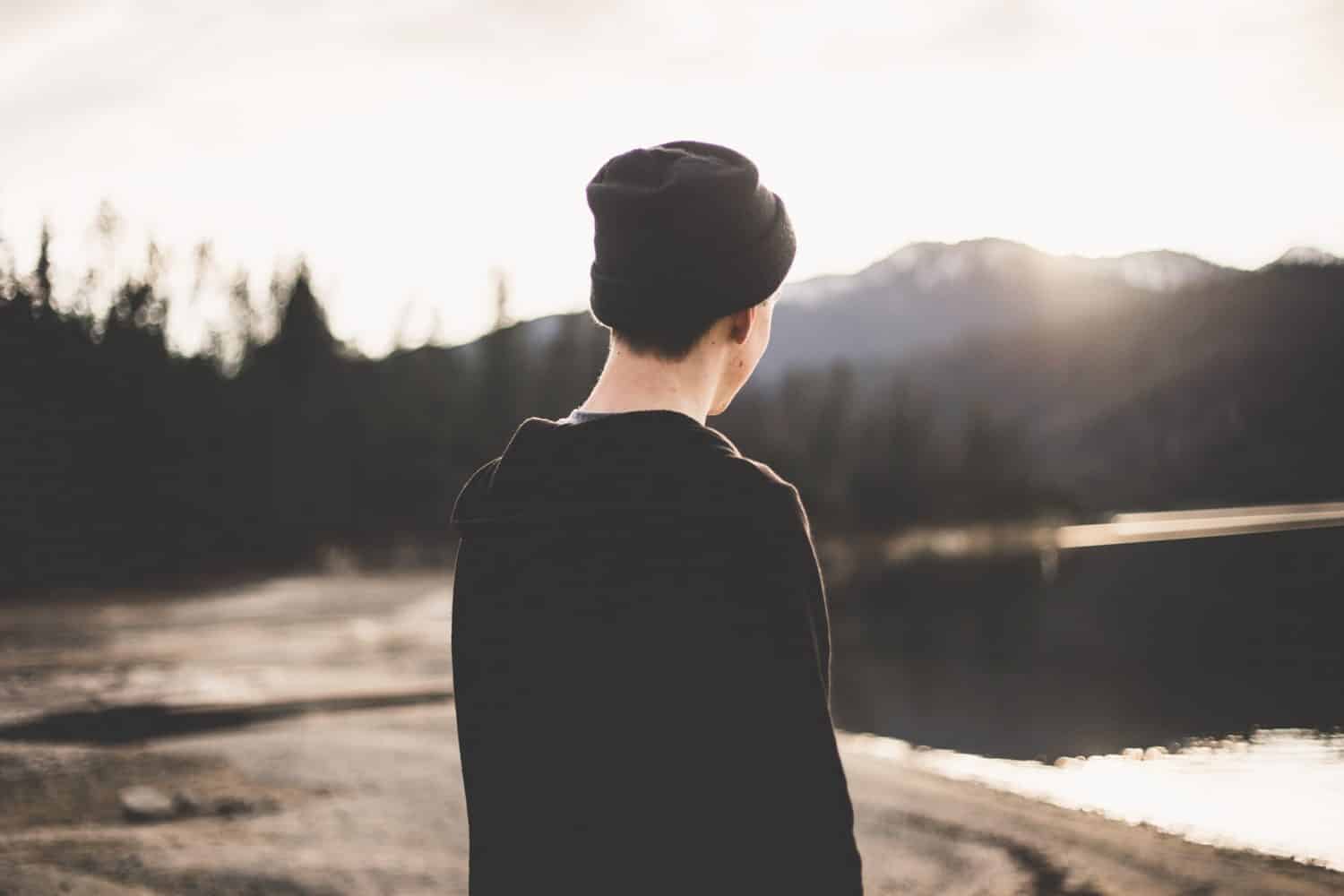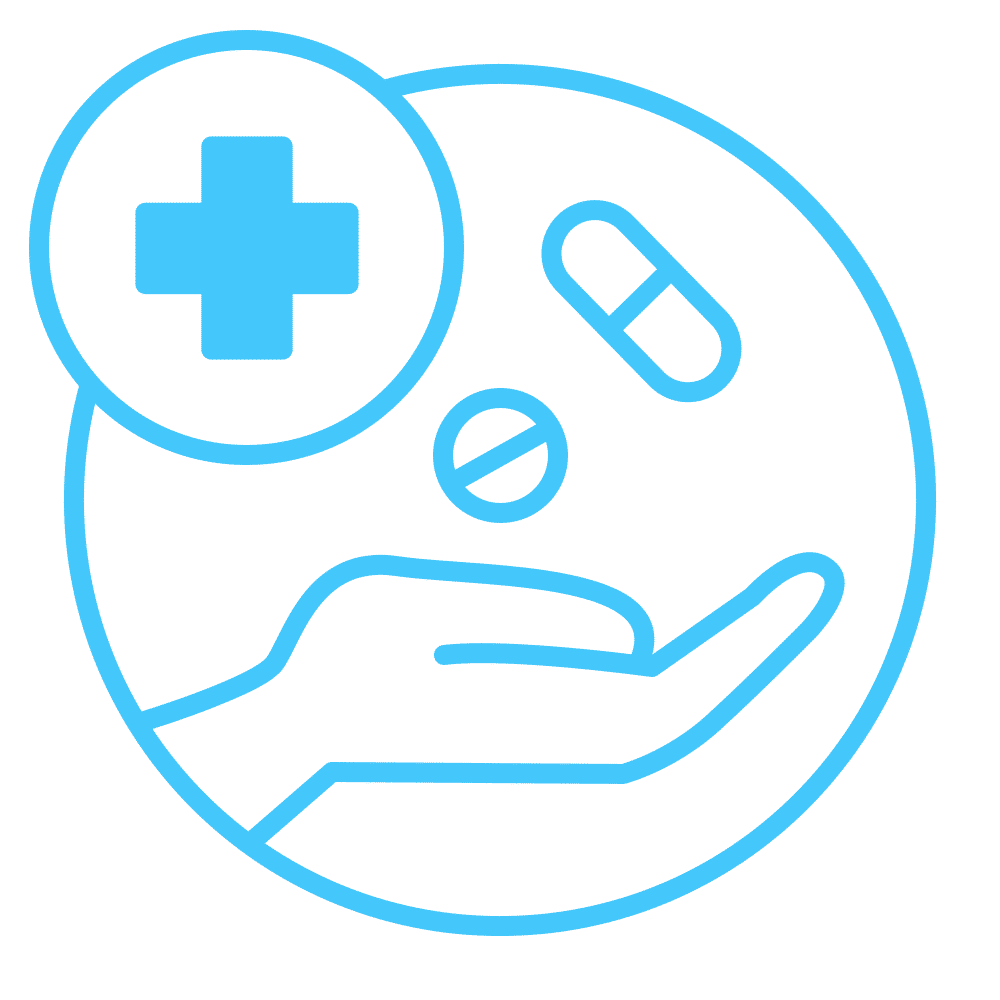Read the Transcription of The Webinar
Please note that the information presented in this webinar may not be up-to-date. For the latest information about our programs and offerings, kindly reach out to us directly.
Hello, welcome to Trafalgar Addiction Treatment Center webinar series. Today we’re going to talk about marijuana, the good, the bad and the saving grace.
We offer residential and virtual outpatient rehabilitation treatment programs for addiction and co-occurring mental health problems. We have a highly trained and experienced team of professionals who are ready to provide customer therapeutic addiction treatment for the abuse of substances of processes as well as mental health issues.
I’m Dr. Christine Courbasson, your host for today. I’m a registered psychologist with the College of Psychologists of Ontario. With years of experience assessing and treating physicians, veterans and other First Responders. And I’m involved in the training of clinicians in the assessment and treatment for mental health and addiction problems.
Today, we’re going to talk about history and the use of marijuana. The reason for using it. And short and long term effects. We will be talking about the various types of uses and the factual and misperceived benefits and dangers of marijuana use. We will also cover some addiction and treatment options to consider for people who have problems with this substance.
Marijuana or cannabis is a greenish-gray mixture of dried flowers of Cannabis Sativa. People also call it weed, herb, pot, grass, bud, ganja, Mary Jane and other names.
The History of Weed
Let’s look at its history now. This plant was cultivated by humans for thousands of years.
It is likely that it originated in the Central Asian steppe, near the Altai or Tian Shian Mountains. And it was first cultivated in China and India. The primary cultivation was for fibre, medicine, clothes, paper and food. If you look at the earliest writings in 2700 B.C., the ancient Emperor Shen-Nung, who is also called the father of Chinese medicine, was looking for plants for cures. He was a good farmer and he was concerned about his subjects were suffering. So this plant at that time was used to manage rheumatism and malaria. And it was found that the female plant produced much more medicine.
In 2350 B.C., there was ancient poetry that you could read where it talked about young girls weaving hemp into clothing.
Around 1122 B.C. to 249 B.C., there are reports of fragments of hemp cloth in Chinese burial chambers from the Chou Dynasty. There were also rope imprints dating from about 10000 B.C. that were found on broken Chinese pottery.
The Chinese archer made bowstrings from hemp because they found it was much stronger and much more durable than the old bamboo once. And the Chinese people found that the arrow could fly much further when they used the bow strength made of hemp. There are reports of first century B.C. fragments of paper containing hemp fibre in Chinese grave.
Now, more with the medicine, we know of Cannabis tincture that was prescribed by the physician of Queen Victoria for her menstrual cramps. And there are various reports of cannabis use in 19th-century medicine.
Marijuana Species
So, marijuana is basically the slang for a portion of the cannabis plant.
There are three major species. The first one is Cannabis Sativa. The other one, Cannabis Indica. And the third one is Cannabis Ruderalis. The main psychoactive substance is the THC that’s found in the resin that’s produced by the leaves and the buds primarily from the female cannabis plant.
Let’s take a look at the three major species in a little bit more detail.
Sativa has a high THC and low CBD. It tends to create more euphoria and a head-focused high. In a small dose, it can boost energy level, focus, creativity and divergent thinking. It also helps with anxiety and stress reduction. However, at a higher dose, it can actually bring anxiety. These species typically not the first choice for the medical market, except for specific conditions such as ADHD, depression and social anxiety. It has a fruity and spicy flavour. And it’s usually used in the recreational food and drink market.
Indica species has a lower THC and a higher CBD. It tends to bring a body-centric effect to soothe the muscle, the aches and pains that people have. It will increase appetite in people who have issues with appetite. And it can help bring sleep in people who have insomnia. It also helps with social anxiety.
Ruderalis species has a low THC, a higher CBD component. It tends to produce a more calming effect. It has a relaxing effect without the high.
And it’s often used to treat anxiety and insomnia. It’s used in medicine on market, a lot for neuropathic pain, fibromyalgia, and rheumatoid arthritis, although it is used for other conditions. This species has more fibrous stems and it tends to be used for clothing and textile too.
People were used to grow those plants on their properties in their backyard. But with the war on drugs, the growers have been forced to move all those plants inside.
So there has been a lot of genetic experimentation to try to maintain the strains. People have mixed different strains of Indica and Sativa. And there is a lot of hybrids out there. What also is noteworthy is that over the years, there’s been a steady increase of the amount of THC that’s contained in these plants.
Cannabis is a diverse plant. There are literally thousands of different strains. Dozens of categories and several different species each. There are different subspecies with unique characteristics.
A lot of subspecies for the medical market and some for the commercial sectors such as agriculture and textiles.
Let’s take a look at cannabis use.
So how do people use it? They may have hand-rolled that in cigarettes, that they call joint. They may smoke in pipes, waterpipe, they often call these things bongs.
They may roll it in cigar wraps, which they call blunts. They may take it as a tea. They may mix it with food, that people call edible. They may use a vaporizer or e-cigarette pen. They may take it as a tincture.
In oils, cream and lotions, patches, beer and coffee.
Why do people use cannabis?
There are many reasons some people think that it is expected.
For some of them, they see it as just an opportunity and they may just try it. Some of them are just doing what people around them are doing. Children of people who smoke cannabis are at home and they see it as a regular activity and they will tend to smoke it, too. Some people will use it to manage social contacts. Some people prefer to use it to relax, others to concentrate. For some people, it’s to increase the sensation that they have or increased creativity. For others, just avoidance.
They want to avoid some of the stress they are encountering and they will smoke to focus on something else. There is a low perception of harm. So people have often thought that cannabis is not dangerous. So they will smoke it here and there. Some people cope. Some people smoke it as a curiosity.
Some people pressure others to smoke with them too. Some use or use it for a spiritual component as part of the gathering of spiritual experience and many will also use it for medical reasons.
What are the short term effects of marijuana use?
Well, there is the high and then people talk about dry eyes or the dry mouth. Some people feel drowsy. For some people it is very potent, they have increased appetite. They eat more. They talk about having the munchies, but these tend to dose-specific.
Another short term effect is the vision is different. They see things in a brighter colour. People are more relaxed. Some people have a different sense of time.
In terms of the short term effect, we also notice changes in people’s moods and some people can experience anxiety and panic. Their movement and coordination may be impaired. They have problems with thinking, they have problems with resolving solutions and their reaction time tends to be lower.
People complain about their problems with memory, with short term use. We see an increased risk of motor vehicle crashes.
With paranoia in higher doses, people will experience hallucinations as well as delusions, and also psychosis. The highest risk for psychosis tends to be when people use it regularly. At the high potency, males tend to report sexual problems. And there is research that shows that nearly five times the usual risk of a heart attack during the first hour after smoking marijuana.
There is a head rush or dizziness on standing up and the heart rate will increase and sometimes it increases by 20 to 50 beats per minute and doubles in some cases. This might explain the heart attack frequency.
What are the long term effects of cannabis use?
There are many long terms effects. People have breathing difficulties. They may have bronchitis. They experience lower life satisfaction. Their thinking, their memory and their learning are impaired. There are changes in how the brain builds a connection between different functions. People who were heavy smokers while they were teenagers and who experience an ongoing marijuana use disorder tend to have 8 IQ point loss between the age of 13 and 38. What research shows that actually, the mental ability didn’t fully return even after they quit marijuana as an adult?
Some people experience hallucinations, paranoia. People with schizophrenia have a worsening of the symptoms.
There are mixed findings about whether the long-term use of cannabis brings depression and anxiety. At the same time, we know it does bring relationship problems. And marijuana use in adolescence has been found linked to an increased risk of an aggressive form of testicular cancer. There are also the recurrent bouts of severe nausea, vomiting and dehydration that people experience.
People tend to be in poorer mental and physical health. And now there are various reports of deaths related to vaping. People who smoke when they’re young or people who use marijuana from various forms as youth tend to have less academic and career success later on. They may then experience dependence on cannabis and hence experience financial problems. And we know that they have more difficulties at work and at school. Like, if it’s not enough, there’s more bad coming.
Cannabis withdrawal is real.
People will experience craving, they will be agitated, they can’t sleep, they can’t eat without the cannabis. They have anxiety, depressions. They have mood changes. They are more irritable and some engage in aggression. They complain of headaches, sweating, shakiness, anger, tired during the day. They are restless. They complain of stomach pain. They may lose their appetite altogether and lose weight. They feel nausea. They experience insomnia. They may even experience a fever, chill; and strange or wild dreams.
Let’s take a look at the treatment of cannabis problems.
Some people will require detoxification.
It is usually done in an outpatient setting and it can last from a few days to three weeks, depending on the issues associated with cannabis.
Residential treatment is typically needed for moderate to severe dependence. People who have low psychosocial functioning are people who have moderate to severe psychiatric comorbidities.
There is a need for supportive psychosocial intervention. Psychoeducation. And non-pharmacological symptom management. Usually occupational and exercise therapy tends to be part of the treatment. And there is medical and psychiatric diagnosis and treatment for the comorbid condition as needed. The duration varies. It tends to be related to the severity of the comorbidity. For all the cannabis use disorder, it can take several weeks.
There have been some outpatient laboratory pilot trials with lithium, antidepressants, anticonvulsants, glutamate modulator and mucolytic agent, muscle relaxants, anxiolytics, antipsychotics and CB receptor agonists. So there’s quite a bit of trial that has been conducted.
So the results of those trials have not always been great and there has been no relevant or worsened effect on the cannabis withdrawal symptoms with antidepressants. Venlafaxine has shown to aggravate the withdrawal symptoms. And some people went as far as saying that it actually contributes to the smoking of cannabis.
Quetiapine has been found to improve appetite and sleep quality during the withdrawal symptoms. But then it worsens the craving and leads to cannabis use. In one research, there has been some decrease in cannabis use within eight weeks of treatment of Quetiapine, and there have been some improvements seen in terms of the withdrawal symptoms from cannabis with Gabapentin. So other reducing of cannabis withdrawal symptoms have also been found with some THC analogs.
The saving grace of marijuana
Yes, there is a treatment for cannabis use disorder or any weed problem and the treatment is typically effective.
It’s important to provide individual therapy, and group treatment can also be very useful. What is critical is to address the reason to use and also to develop refusals skills. Family counselling can be helpful because the family is often affected. Providing structure is critical, and it’s usually best to transition from a structured program, residential program to a less structured environment, but to reduce the structure slowly and help the individual build structure in their life. And of course, aftercare is very important.
So looking at various research, there is some evidence that cannabis can be effective to reduce anxiety.
It can reduce inflammation and relieve pain. It also has been effective in controlling nausea and vomiting caused by chemotherapy. And there is some preliminary evidence that it can kill cancer cells and slow tumour growth. It will help relax the tight muscle in people who have MS. And it can stimulate appetite and improve weight gain in people with cancer and AIDS who have difficulty with feeding. It’s also been used quite a bit to control seizure disorders.
Yes, cannabis can help people cope with certain elements. At the same time, it is definitely not harmless.
People must use it with caution if they choose to use it. So those who got in trouble with it, there is treatment available.










